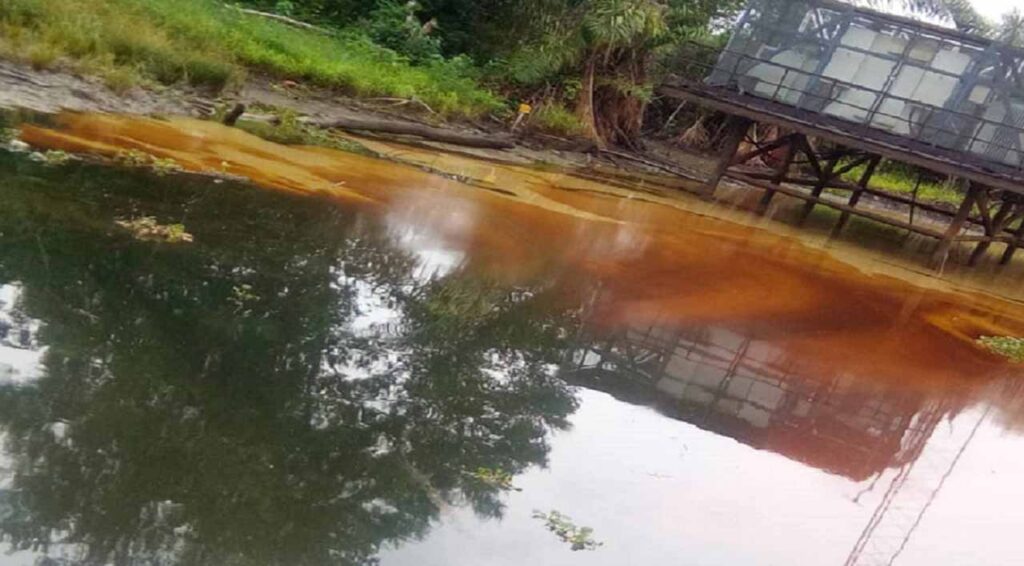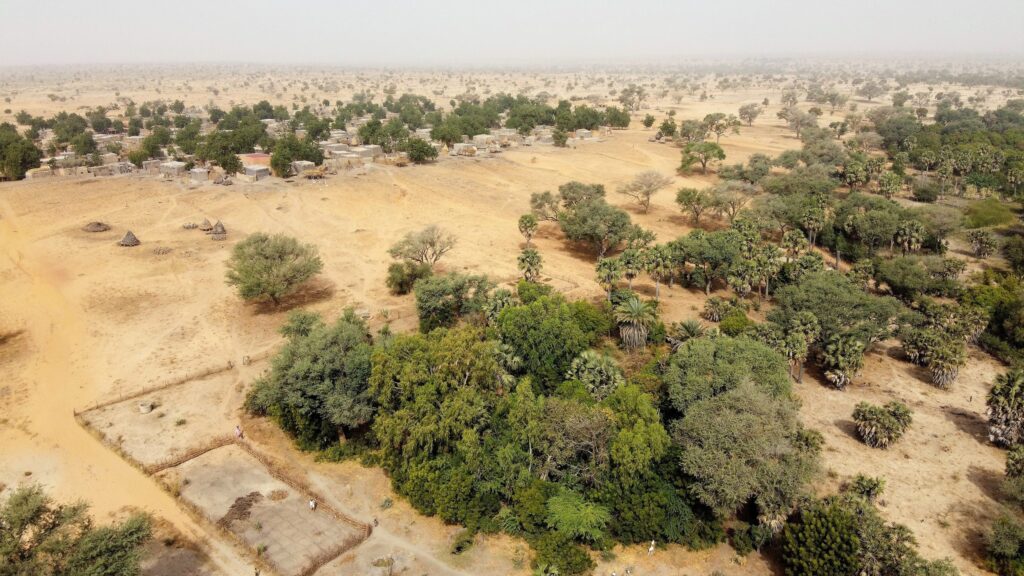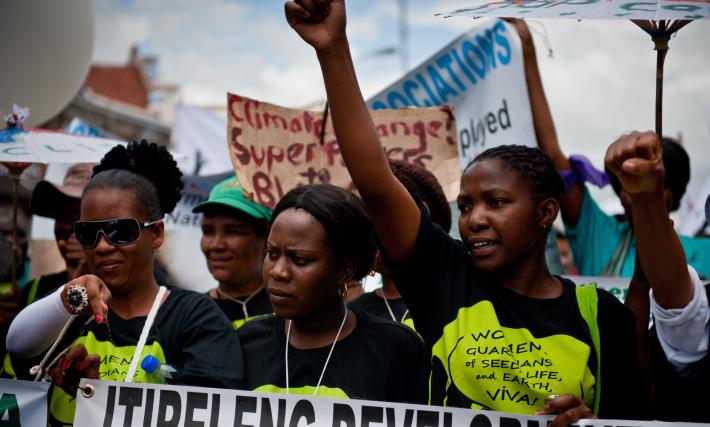
Environmentalists in the Niger Delta region have raised concerns over a plan by Shell to sell its Nigerian onshore subsidiary to a consortium of domestic and international oil companies for $2.8 billion.
A statement by six civil society organisations led by renowned environmental activist and the Executive Director, Health of Mother Earth Foundation (HOMEF), Nnimmo Bassey, insisted that the international oil company must address ecological, health and social impacts of their oil exploration activities before divesting.
They decried that Shell had continued to downplay its role in the ecological damage of the Niger Delta, claiming that assessments by reputable organisations have indicted the company over environmental pollution.
They cited that in 2011, the United Nations Environment Programme (UNEP) released its findings on the impacts of hydrocarbon pollution in Ogoniland, an area operated by Shell, adding that the assessment revealed severe contamination of drinking water sources and exposure of communities to health risks.
They said: “Drinking water was found to contain cancer-causing benzene 900 times above permitted levels. Another environmental and social impact assessment conducted in Bayelsa state showed that between 2006-2020, SPDC (Shell) accounted for 75 per cent of oil spill incidents in the Niger Delta, which caused massive health damages, environmental pollution, loss of livelihoods and displacements.
“The findings of the assessment reveal that there is 1.5 crude oil barrels per capita pollution in the state besides some heavy metal pollution that is up to one million times above safe limits.”
Continuing, the groups pointed out that the Bayelsa State Environment and Oil Commission in a report titled “An Environmental Genocide – the Human and Environmental Costs of Big Oil in Bayelsa State” showed a 1.5 barrels per capita pollution in that state.
They, however, insisted that the selling of assets by Shell and other oil multinationals, are easily an effort to evade accountability for the long-standing damages caused by oil extraction in the Niger Delta.
“In accordance with the foregoing, we strongly condemn the attempt to sell off onshore oil assets by Shell. We demand that before selling any such assets, the company must address many cases and concerns about the ecological, health, economic, and social consequences of its operations in the Niger Delta,” they said.
As part of their demands, they urged the Federal Government to place a moratorium on all oil company divestment (or sale of assets) in the Niger Delta, pending the ascertaining of issues of community concern.
They also called on the Federal Government to produce a framework and guide on how oil companies could disengage from areas where they have operated, noting that the guide should be developed by a multi-stakeholder group including communities and civil society organisations.
They stressed that the divestment (or sale) framework must contain a requirement for oil companies such as a scientifically developed post-hydrocarbon impact assessment report that establishes the exact ecological and livelihood impacts of oil extraction.
The exercise should include a health audit of people located near extraction sites, and others exposed to oil contamination and gas flaring. This audit aims at unraveling the negative health impacts of exposure to hydrocarbons, as well as costing for remediating the ecological, livelihood and health impacts of extraction.
They also called for the establishment of independent frameworks for remediating all identified impacts and compensation to the impacted individuals and communities, as well as a designated account commensurate for the cleanup of impacted ecosystems and restoration of livelihoods.













